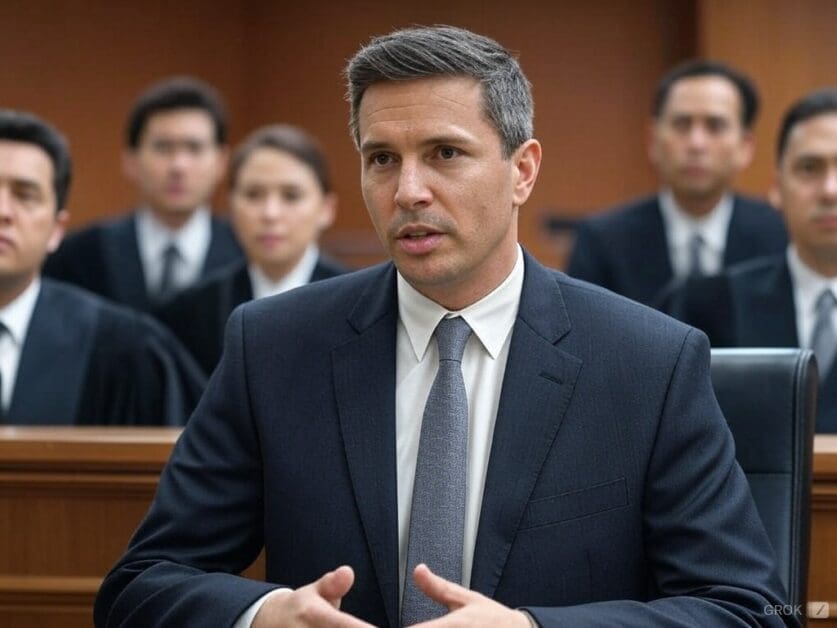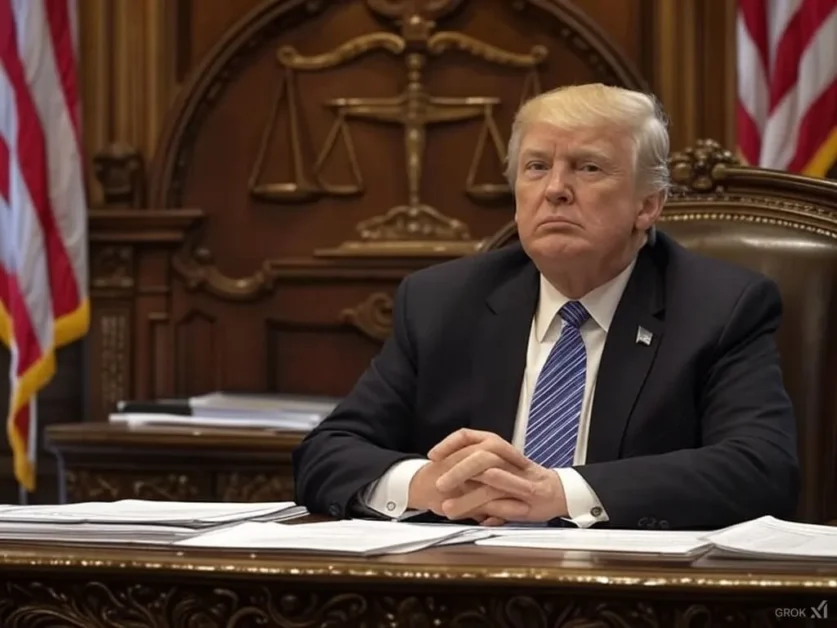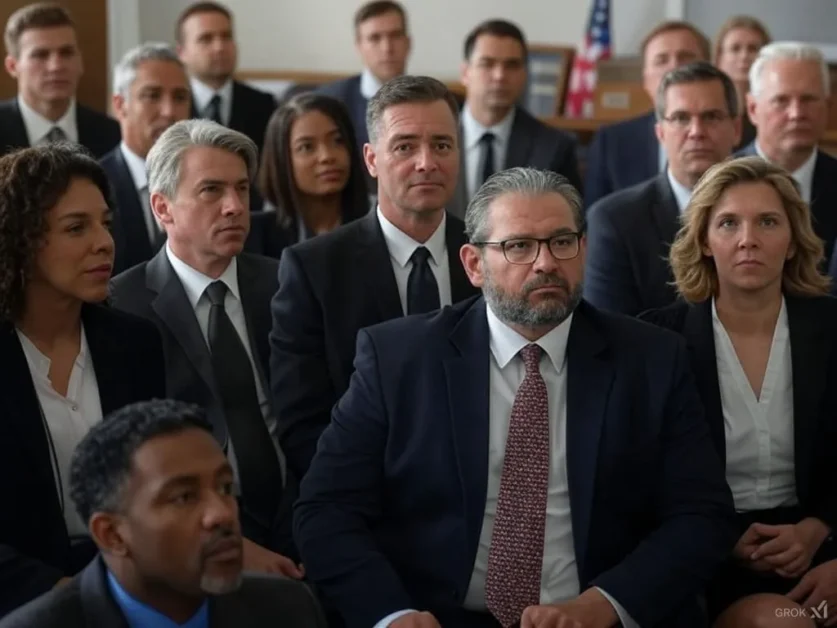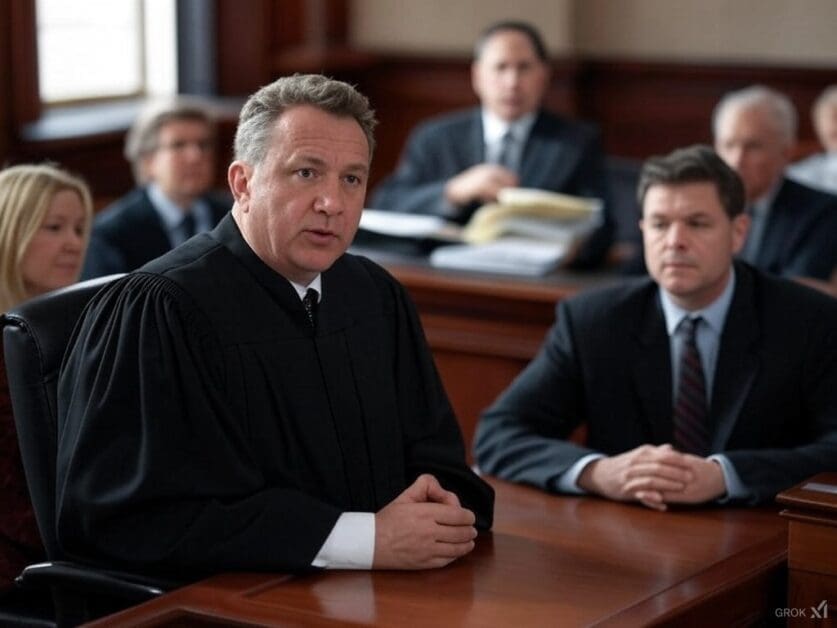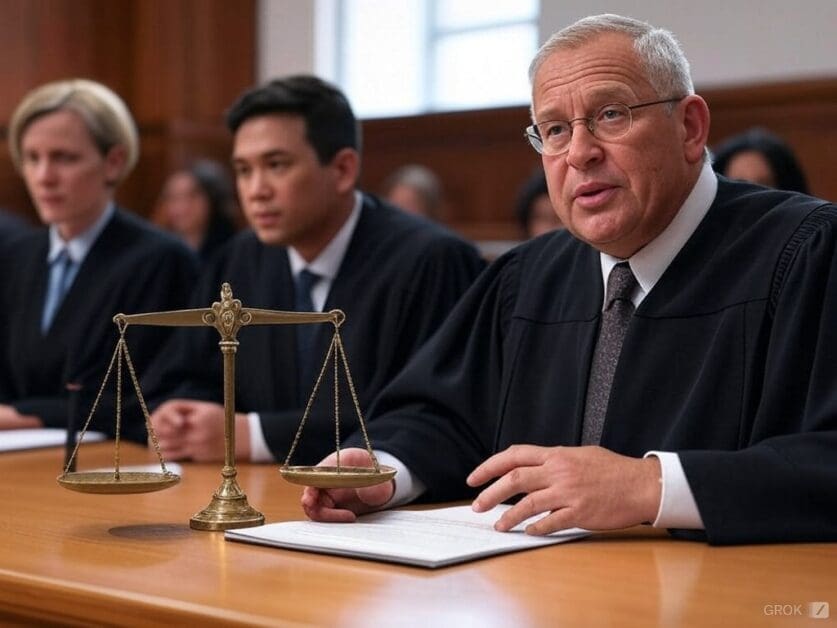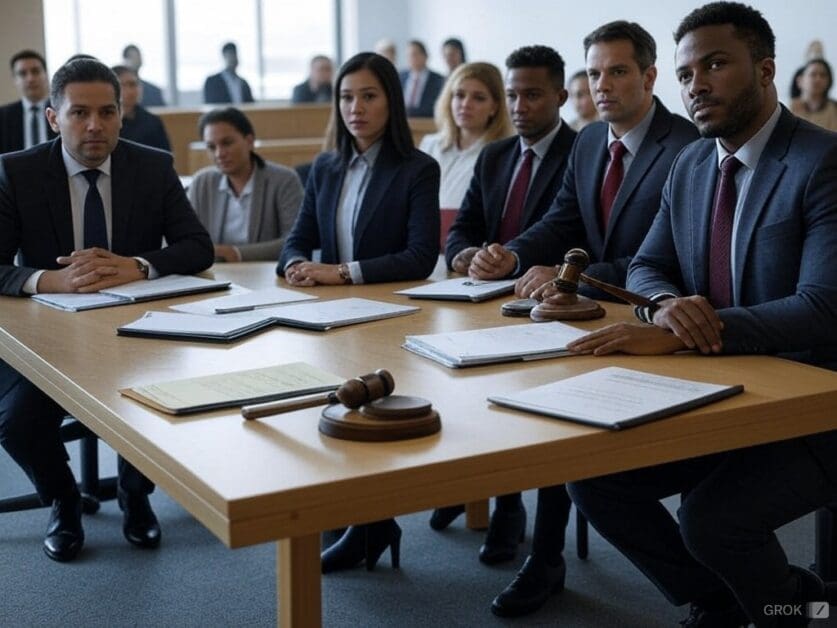Department of Government Efficiency: Legal Framework and Constitutional Challenges
The establishment of the Department of Government Efficiency represents one of the most significant administrative reforms in recent American governance, bringing with it a complex web of legal questions and constitutional challenges that merit careful examination. This novel governmental entity, designed to streamline federal operations and reduce bureaucratic waste, operates outside traditional agency structures in […]
Department of Government Efficiency: Legal Framework and Constitutional Challenges Read More »


